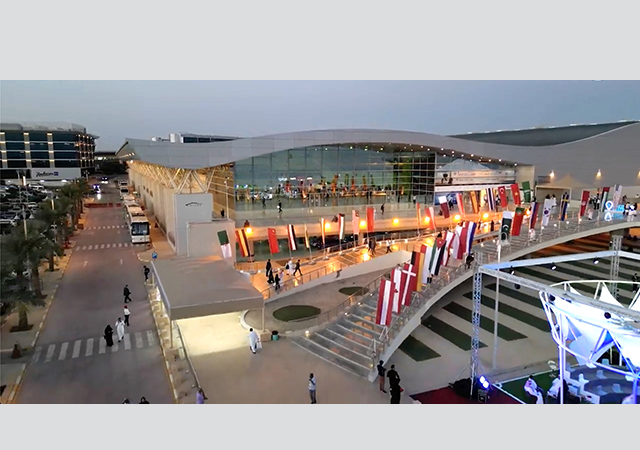
 Abdullah Al Zamil...set to boost capacity.
Abdullah Al Zamil...set to boost capacity.
Zamil Air Conditioners (ZAC), a leading manufacturer of air-conditioning systems in the Middle East, has achieved a record annual production last year and is set to boost capacity to meet the increasing worldwide demand for its products.
Research and development has enabled the company to produce high-specification products as standard, which has enabled it to clinch world-class projects such as the Bahrain International Racing Circuit.
ZAC’s involvement with the Formula 1 race track, whilst not a huge monetary contract, has certainly provided a highly prestigious association to the company.
Abdullah Al Zamil, senior vice president of ZAC, explains: “We were provided the contract for the Oasis and paddock areas, where we provide the process cooling as opposed to comfort cooling. Our product will be in use throughout the year as the track will also be utilised for purposes other than the Grand Prix.”
ZAC has provided products to meet the extremely hard specifications set by the project but Al Zamil points out that these specifications are standard to all of Zamil’s units.
“We see ourselves as manufacturers of ‘long lasting’ air-conditioning units,” says Al Zamil.
In Bahrain, ZAC also supplied its Cooline air-conditioning solutions for the new Almoayyed Tower in the Seef district, which is the tallest tower in the Kingdom. The solutions include chilled water fan coil units and chilled water air handling units. The units, of a capacity of 2,100 tonnes, will create a controlled environment in the 47-storey structure throughout the year.
ZAC manufactures products that are designed to cope with the high ambient temperatures of the Gulf region. But Al Zamil believes that the stringent testing, which the company imposes on new products, is vital for its reputation of reliability.
“Designing air-conditioners requires different parameters in different parts of the world,” says Al Zamil. “In our region, for example, you need different valves for compressors compared with units which operate in Europe or South East Asia. However, reliability testing is vital to ZAC and we will not produce any unit unless it has been subjected to high endurance testing for a period of six months.”
Al Zamil considers ZAC to be the world’s high ambient temperature experts when it comes to air-conditioning.
“We produce and operate in a high ambient temperature, high humidity and corrosive atmosphere which has led us to produce air-conditioning suitable for this type of environment,” says Al Zamil. “Today, our units can be found all over the world and especially in extremely harsh environmental conditions at locations such as Sea World in Australia, which suffers from a highly corrosive atmosphere.”
ZAC operates in 54 countries around the world with the Middle East and North Africa, Europe, Australia and North America being the prime markets. The company is looking at South East Asia for potential opportunities, either as a greenfield site or by acquiring a suitable organisation.
The company’s research has led to several breakthroughs which have been implemented into its designs. For example, the high dust content in the atmosphere in this area has led to the use of ionising technology to create a dust-free atmosphere which will benefit individuals who suffer from allergies or asthma. Digital scroll technology has resulted in the development of one outside condensing unit serving three to four units within a building.
Even more exciting is the integration of GSM technology into air-conditioning units. “We are now fitting chillers with a GSM chip which enables remote diagnosis, control, download of information and the ability to change settings,” says Al Zamil. “Even before a chiller fails, the sensors will send an SMS message to predefined numbers.”
This new development has already been launched in Europe and Al Zamil gives an example of a message received from a chiller in Germany where the service partner was able to react and prevent what would have resulted in a compressor failure. This is part of ZAC’s strategy to concentrate on preventive maintenance and customer service, upgrading previous modem links to GSM and mobile technology. Al Zamil sees this technology eventually being available in smaller and window units completing a total integration of communications with refrigeration.
With the advent of district cooling systems, ZAC is grabbing the opportunity to meet the requirements of this technology, which is gaining ground in the region.
“District cooling only takes care of the refrigeration side – you still need the airside of the business,” says Al Zamil. District cooling requires blowers and is limited to certain applications. In fact, ZAC is already talking to Tabreed about the supply of chillers for the systems, leaving companies like Tabreed as utility providers. “We are developing chillers which will utilise gas rather than electricity which, we believe, is logical in view of the huge gas initiative in this region,” he says.
Last year, for the first time, ZAC’s production reached 500,000 window units in a year and this year Zamil will reach the 5 million unit mark for total output at its facility.
The factory’s capacity of 700,000-plus units per year makes it the largest in the Middle East and Europe, says the company.
Plans are in the pipeline to expand this capacity with the acquisition of a 130,000 sq m piece of land in the second industrial area in Dammam. This expansion has been earmarked for “commercial” rather than “consumer” product.
Al Zamil sees continuing growth over the next few years in what he describes as a very fertile market. “This year should be good with plenty of construction projects in the region. European exporters are suffering due to the strength of the Euro,” says Al Zamil. “Iraq is a huge potential market and will, I believe, be the last frontier for Zamil.”
Stiff worldwide competition has led to a curtailment in expenses in both the marketing and research departments which, Al Zamil believes, are essential to the well-being of the industry. However, “unfair” competition, lack of established standards and professional associations make it a difficult market place.
“We have to work very hard to remain profitable,” says Al Zamil, “And we would like to invest more in research, development and distribution.”
Part of ZAC’s strategy to maintain its edge in the market has come in the form of its Zamil Coolcare initiative which provides more than just maintenance. The strategy calls for closer links with contractors and clients where the aim is to understand requirements. The company’s market share objective is that one in four air-conditioners will be a Zamil product (including brand names manufactured by ZAC like GE, Sanyo and Supra).
Revenues in 2003 are expected to have reached SR850 million ($266.7 million) compared with just SR400 million in 1996. Export now represents 35 per cent of total output with new markets opening in Lebanon and, in the future, east and central Africa.
ZAC has up to 30 per cent of the local Saudi market and through its strategy of partnerships and acquisition – throughout the region and in international markets such as Australia/US – continues to expand and exert control over its worldwide business.
ZAC was founded in 1974 as one of the first air-conditioning businesses to be established in Saudi Arabia. It designs, manufactures, tests, markets and services a comprehensive range of air-conditioning products, which range from compact room air-conditioners and mini splits to large-scale central air conditioners, chillers and air handling units for highly specialised applications, which are being marketed as Classic, Cooline, Cool Care, Clima Tech, Kessler Tech and Geoclima.
ZAC is also involved in the production of branded air-conditioners. It operates a joint venture with General Electric, called Middle East Air Conditioners (MEAC). As a result of excellent production facilities at ZAC, a range of GE-branded air-conditioning consumer products are produced for Saudi Arabia and other Gulf countries.
ZAC is one of three sector businesses of Dammam-based Zamil Industrial Investment Company (ZIIC), which was founded in 1998.


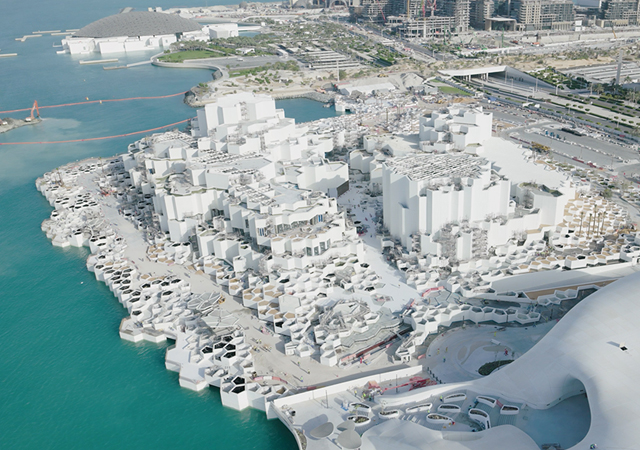
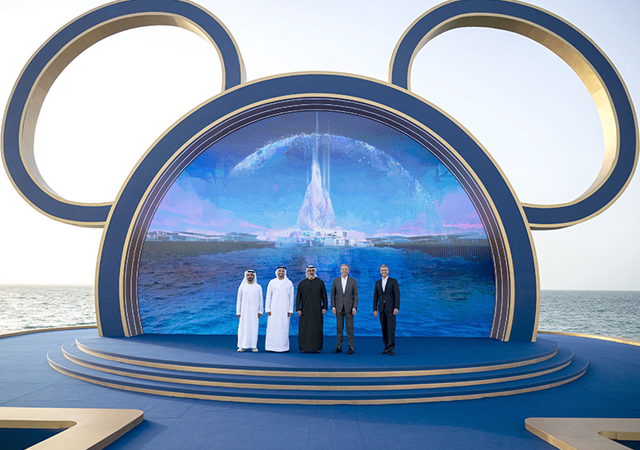
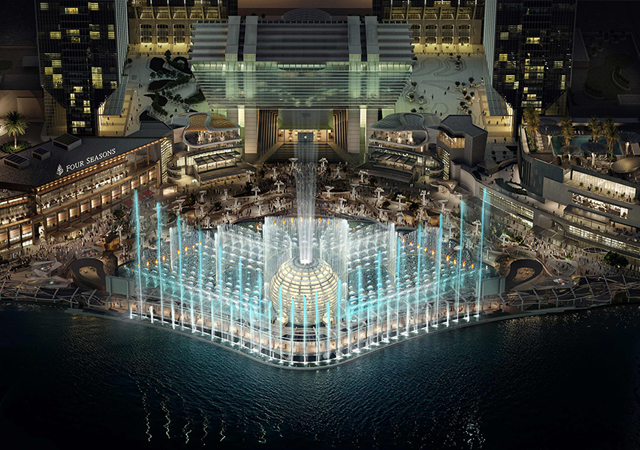
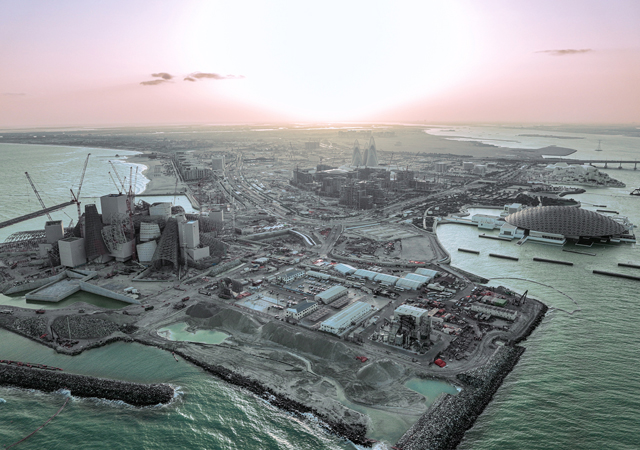
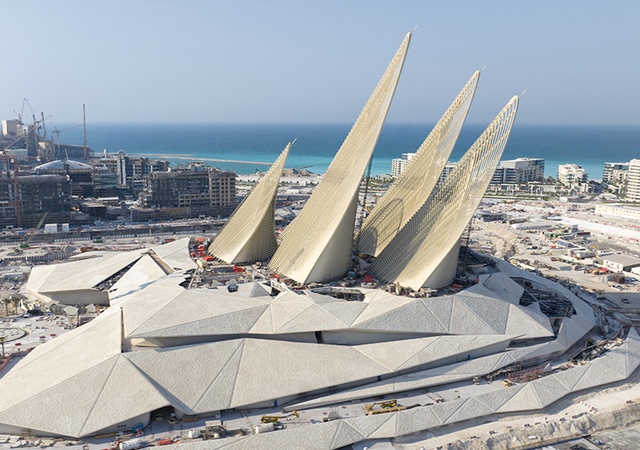
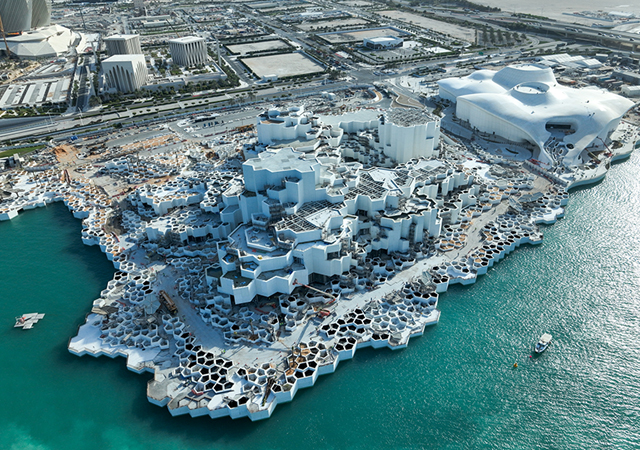
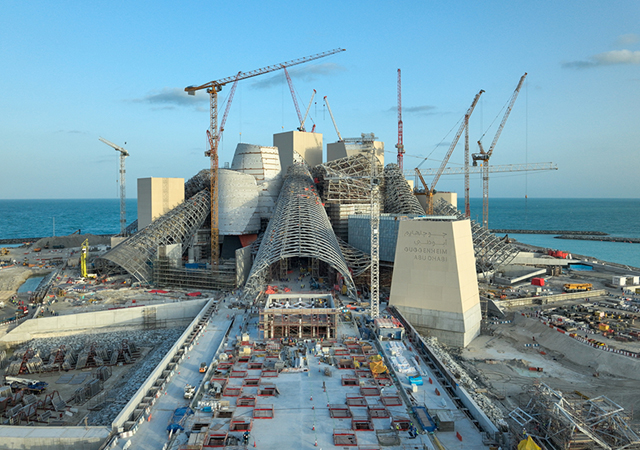
.jpg)

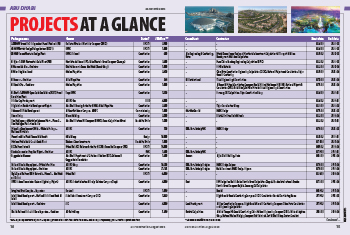



.jpg)

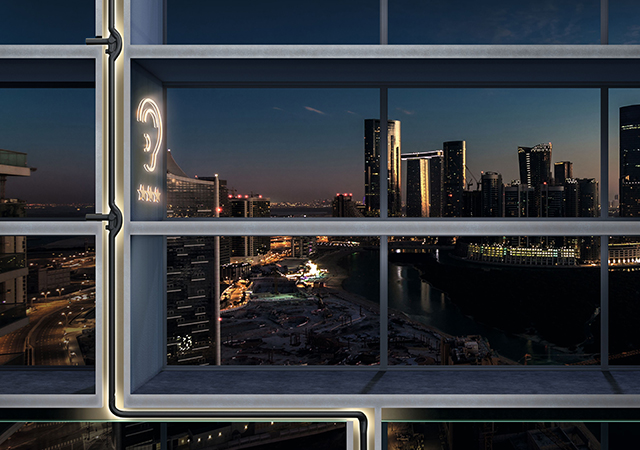
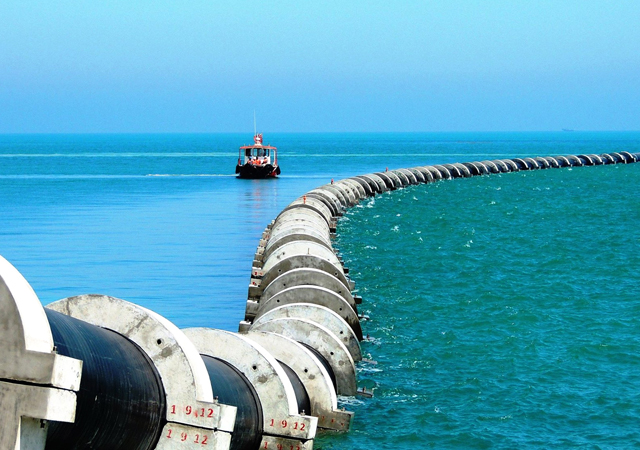



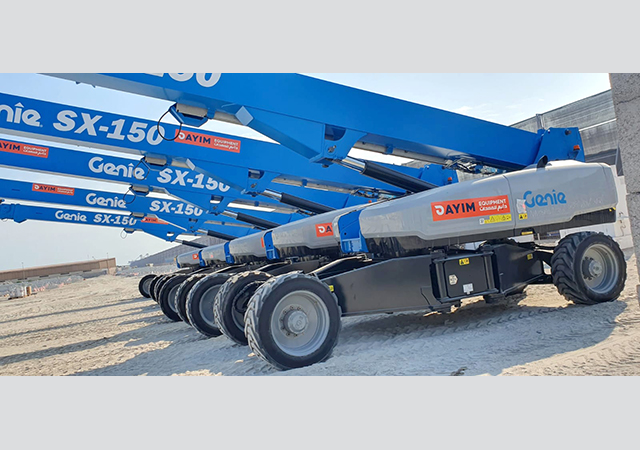
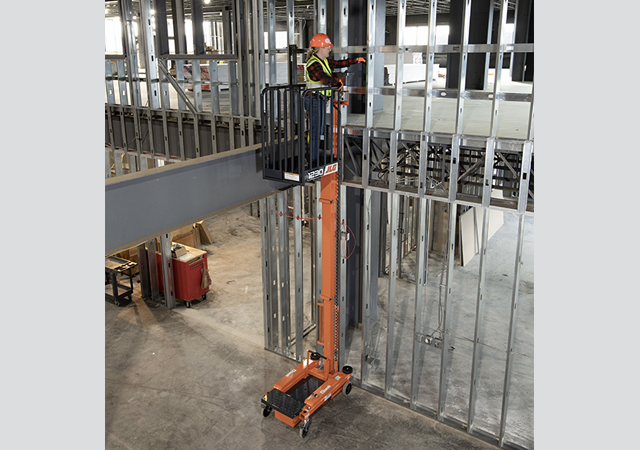
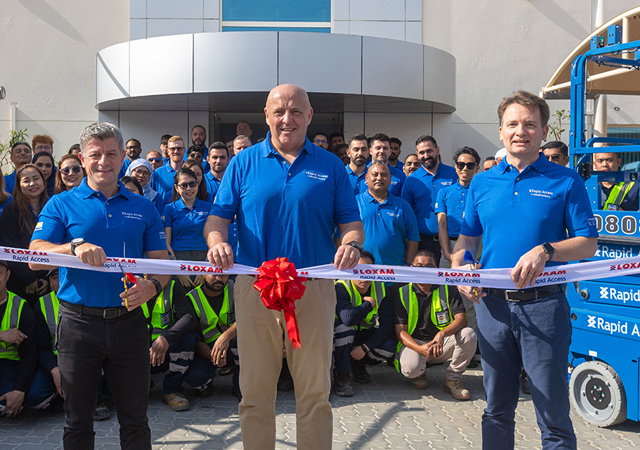
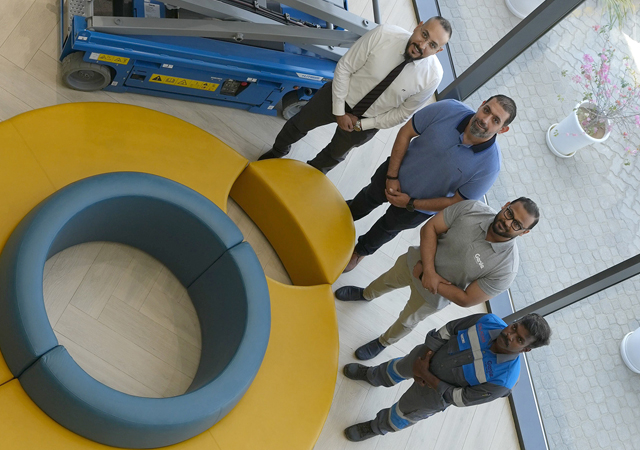
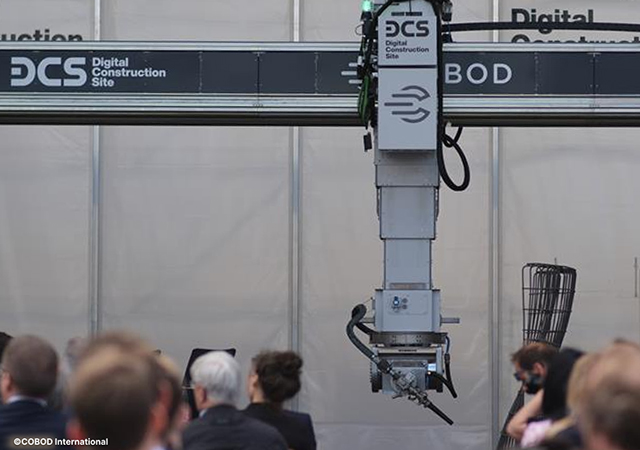
Doka (2).jpg)
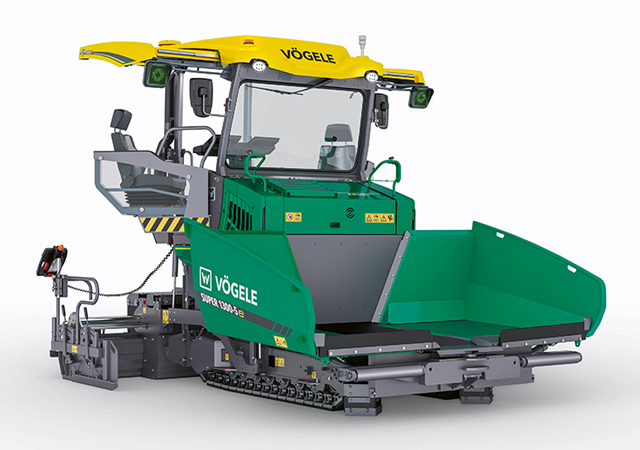


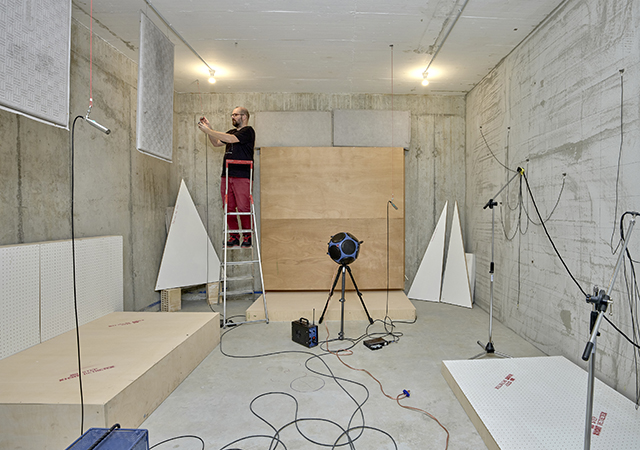
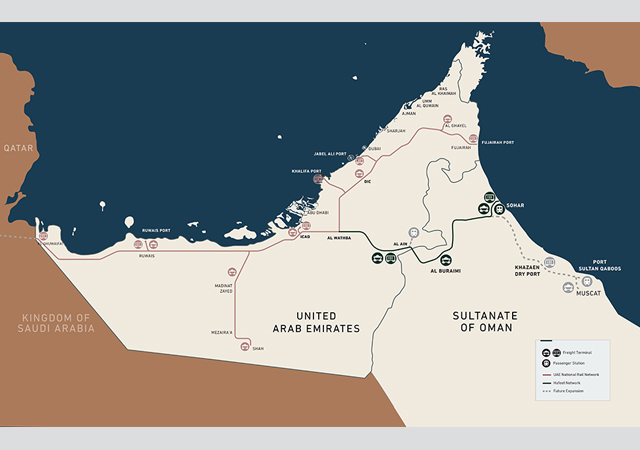
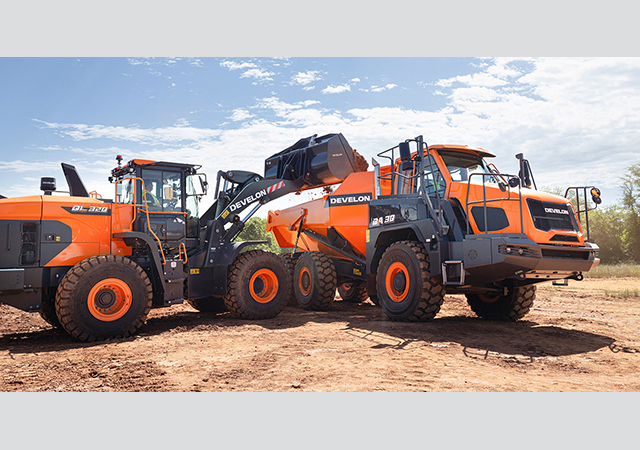


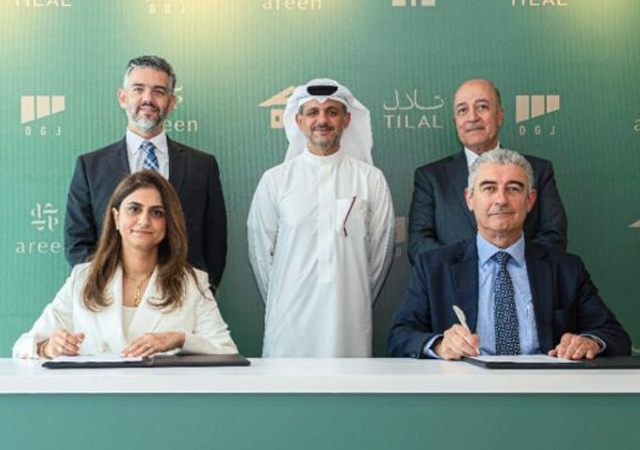
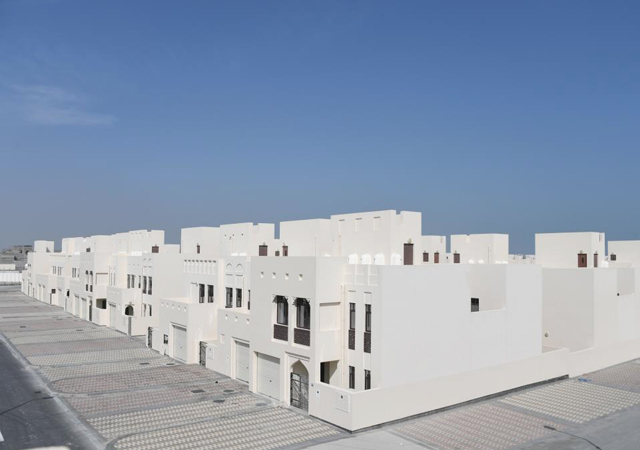
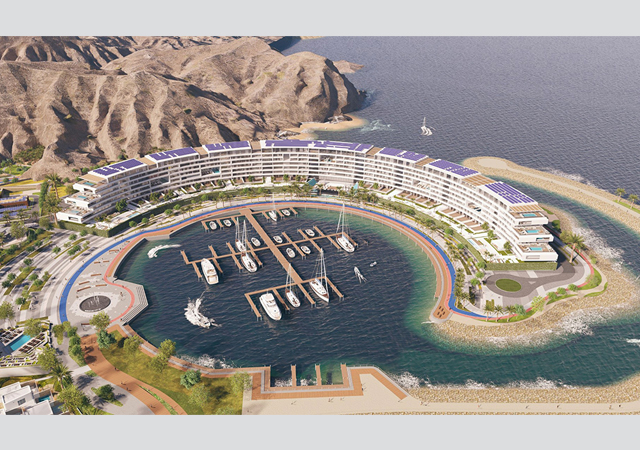
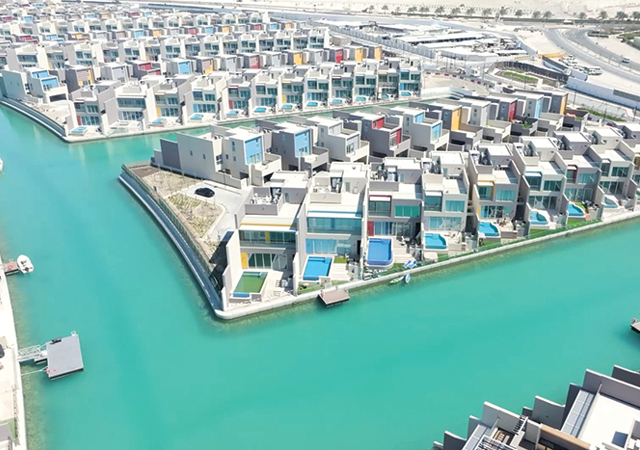


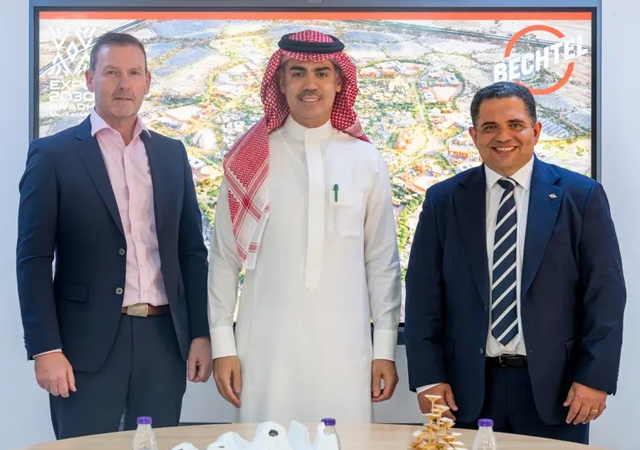
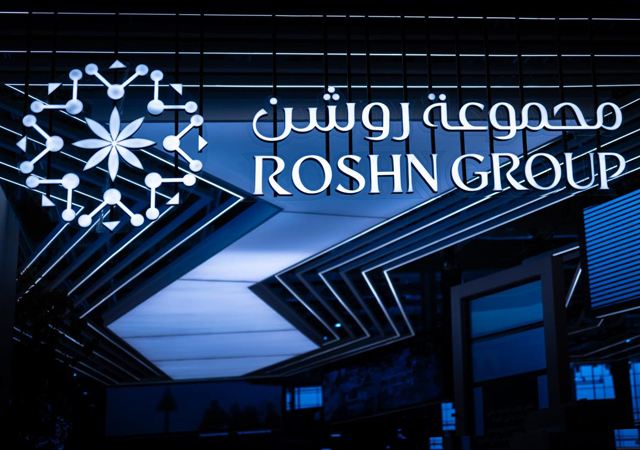
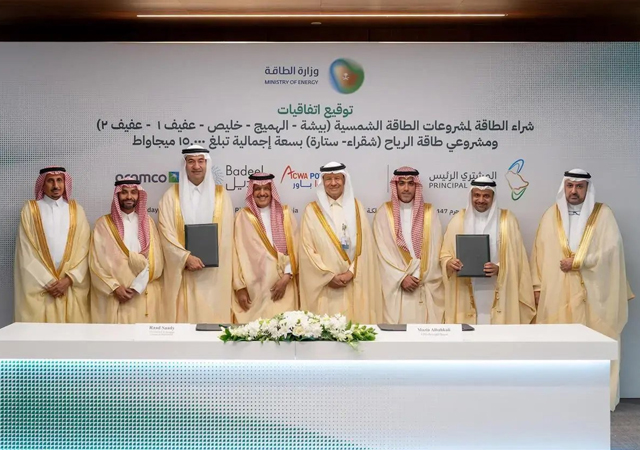
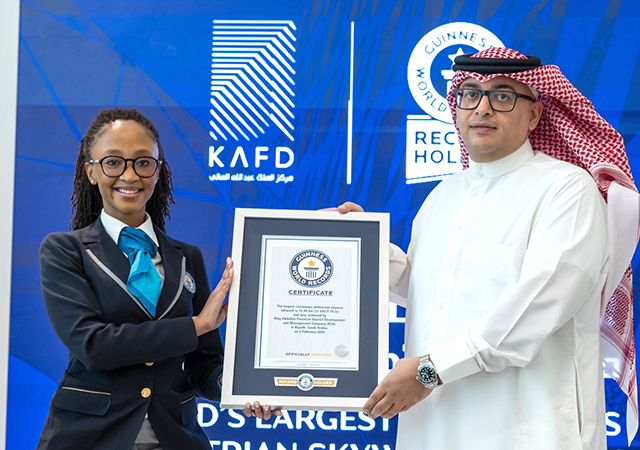
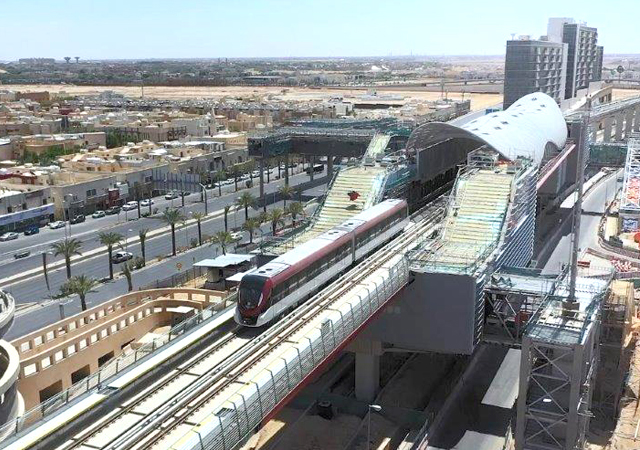
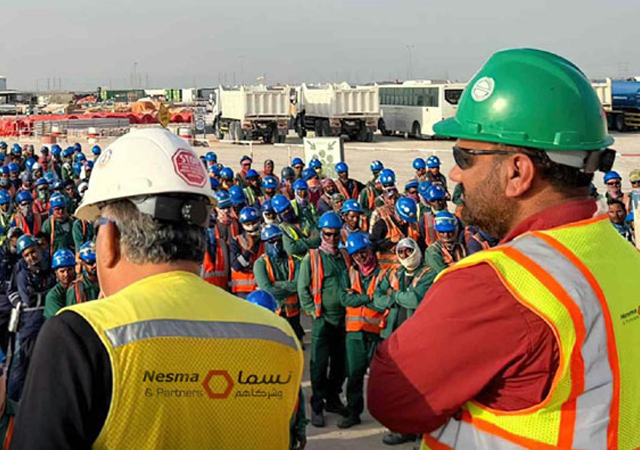

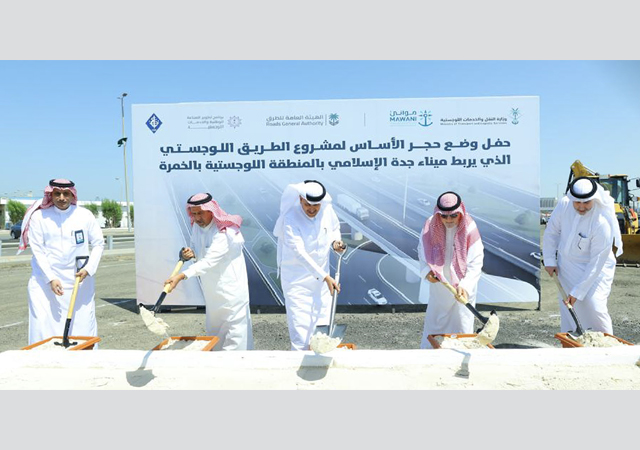




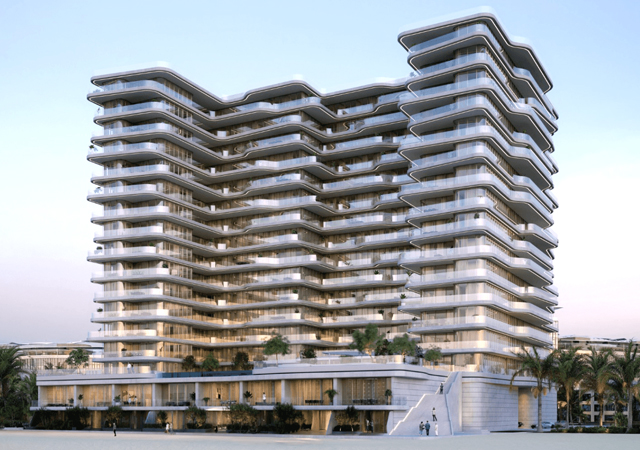
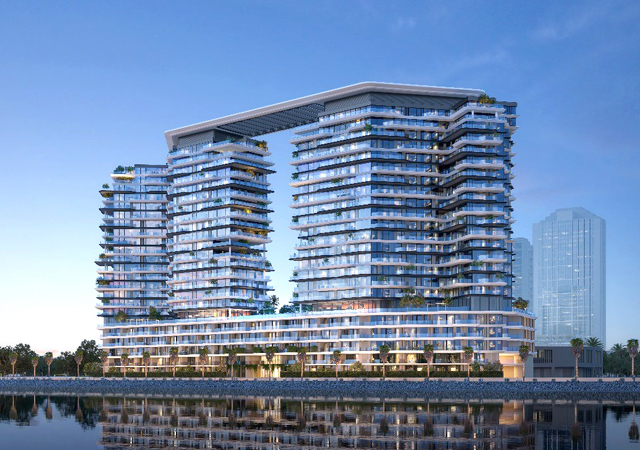
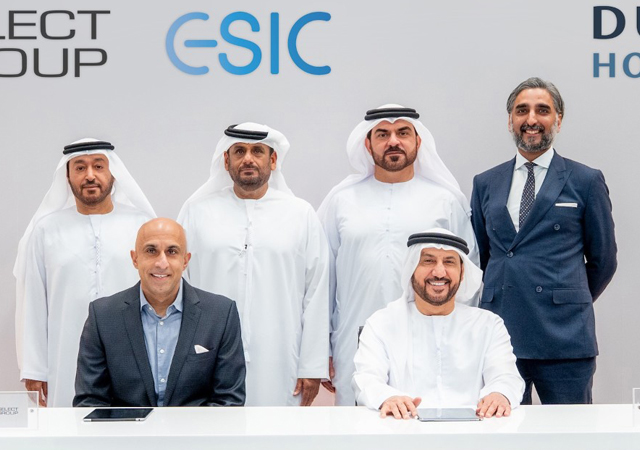

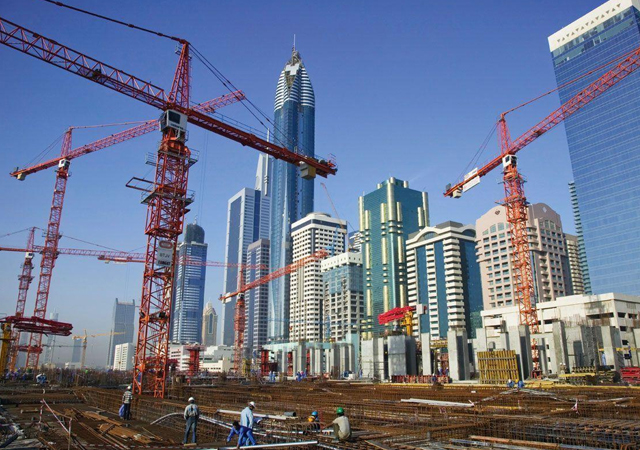
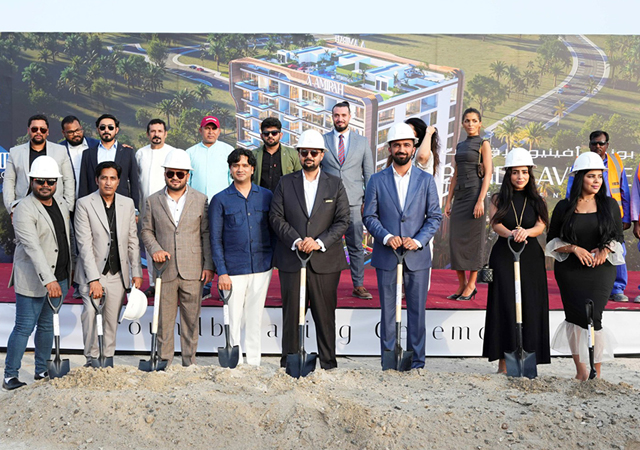

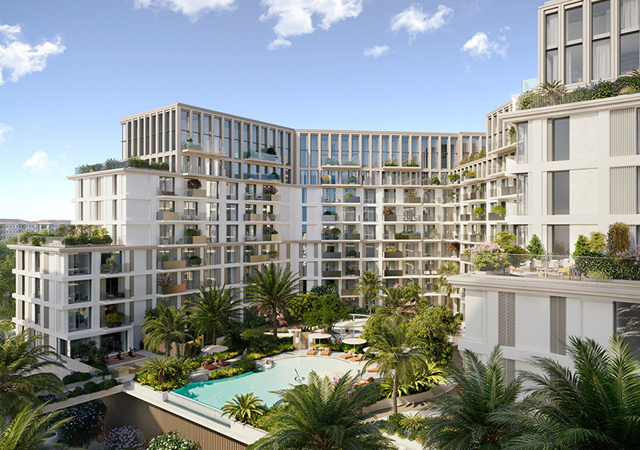
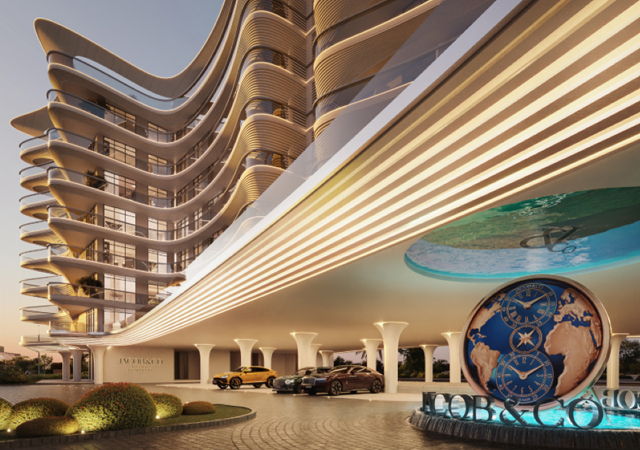
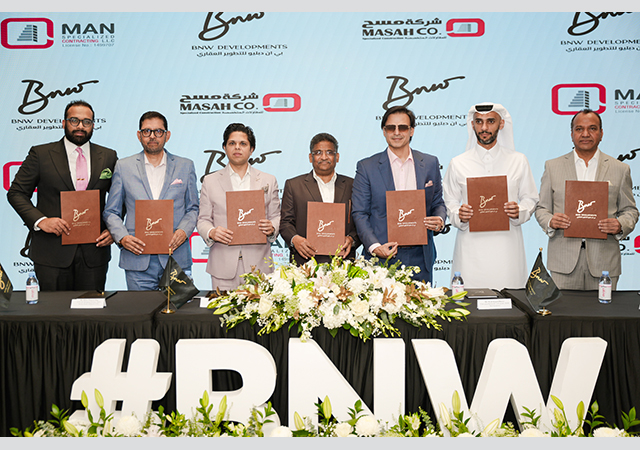

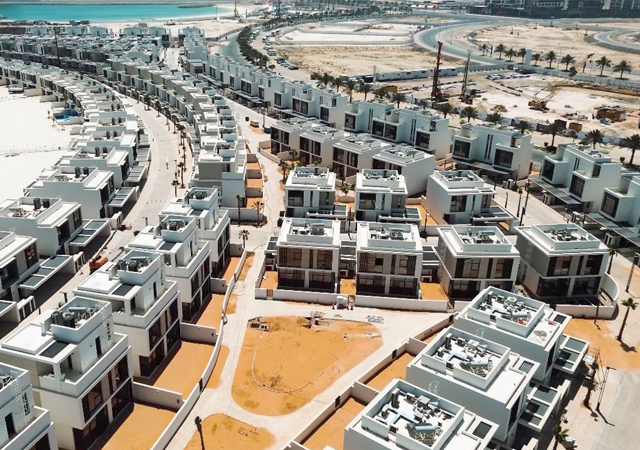
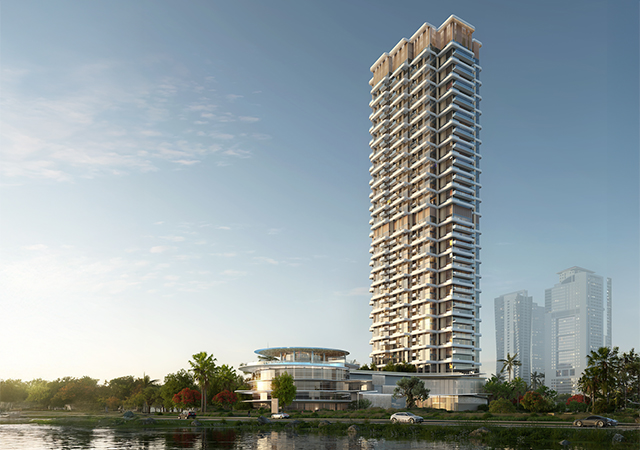
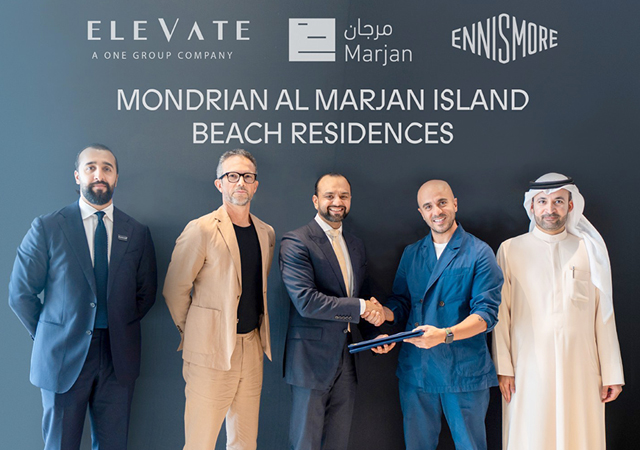
.jpg)
.jpg)
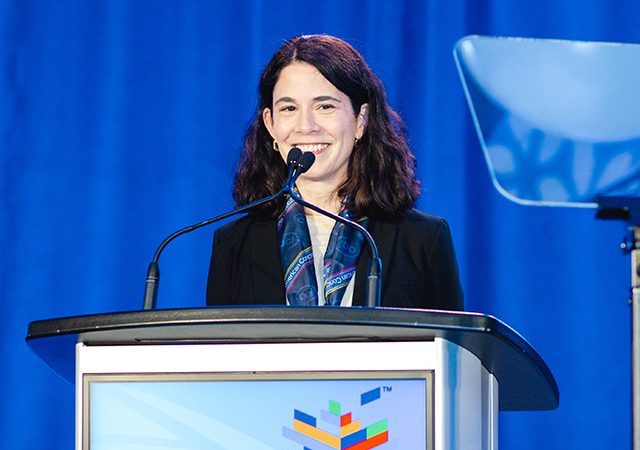
.jpg)
